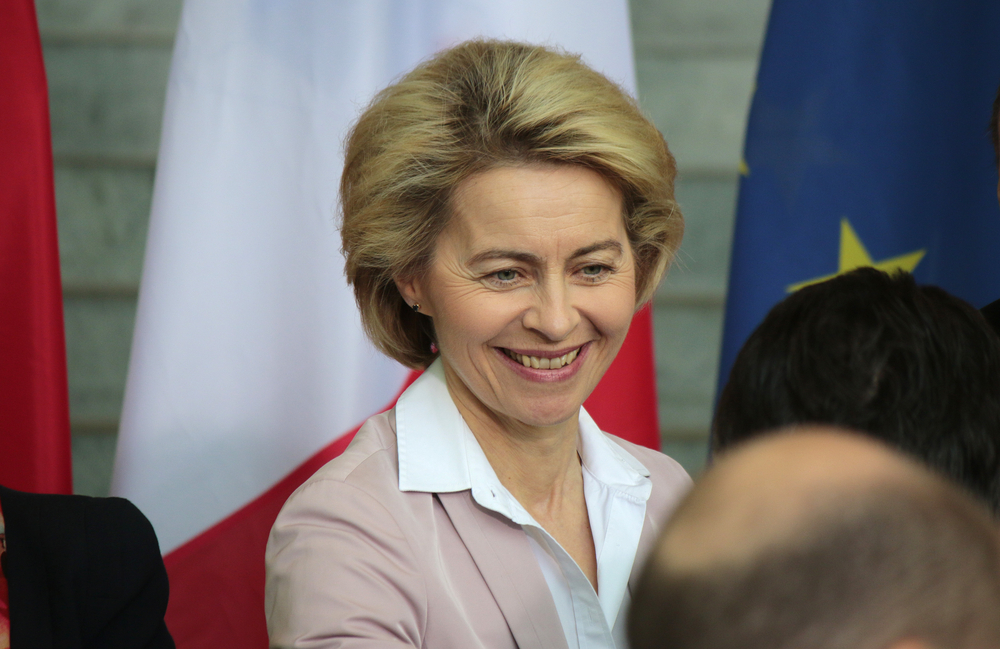Ursula von der Leyen Secures Candidacy for Another Term as Head of the European Commission.
Others are reading now
Ursula von der Leyen, the incumbent President of the European Commission, was officially named the European People’s Party (EPP) candidate for a subsequent term at the helm of the EU’s executive body. Garnering substantial support, her candidacy received 400 votes in favor against 89, out of 489 valid votes, with ten votes annulled.
Von der Leyen stood as the sole candidate for leading the EPP list in the forthcoming European elections scheduled for June 6-9, aiming for a renewed five-year tenure.
Path to Re-election
-
Von der Leyen’s candidacy positions her as a frontrunner for another term, backed by the EPP’s anticipated majority in the next European Parliament elections.
Also read
-
The Commission President is selected by EU leaders, considering the election outcomes, with the leading party traditionally holding the executive reins.
-
A principle known as “Spitzenkandidaten” suggests that the leading political group’s main candidate post-elections should naturally assume the EU executive’s leadership.
Despite her narrow confirmation by the European Parliament in the past, by just nine votes above the minimum required, von der Leyen’s re-nomination has sparked debates over “democratic legitimacy,” especially since she did not participate in the 2019 EU elections.
Election Projections and Coalition Dynamics
-
As per the latest vote projections as of February 17, 2024, the EPP is poised to secure 172 seats and the S&D 140, in a Parliament comprising 720 seats due to demographic shifts within the EU.
-
Forming an absolute majority to appoint the Commission President will necessitate a coalition across at least three political forces, reflecting the diverse political landscape and voting intentions across various groups.
Historical Context and Treaty Specifications
-
The “Spitzenkandidaten” principle was only fully applied in the 2014 elections, leading to Jean-Claude Juncker’s presidency. The 2019 elections saw a departure from this practice, with the European Council favoring Ursula von der Leyen over front-runner candidates.
-
The Treaty of Lisbon outlines the process for selecting the Commission President, emphasizing the need for a candidate who secures a parliamentary majority. If unsuccessful, a new candidate is proposed within a month following a similar procedure.
As the European Parliament gears up for the 2024-2029 term, Ursula von der Leyen’s re-nomination underscores the ongoing strategic negotiations and alignments within the EU’s political spectrum, highlighting the crucial role of inter-party coalitions in shaping the Union’s future leadership.


